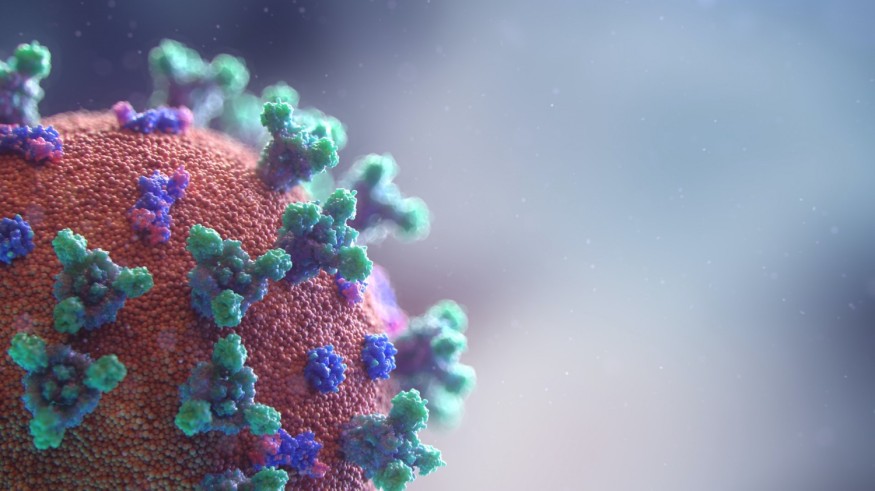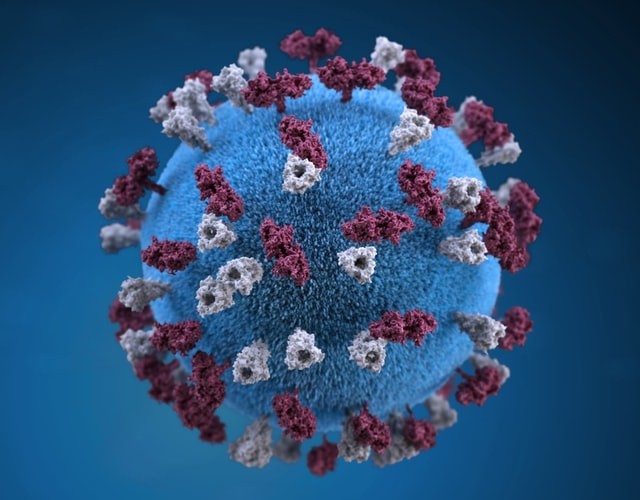Britain expressed alarm on Thursday about a newly detected coronavirus variation spreading in South Africa, which might render vaccinations less effective and jeopardize global efforts against the epidemic.

"Worst Variant Yet"
According to the UK Health Security Agency, the variation, known as B.1.1.529, contains a spike protein that differs significantly from the one found in the original coronavirus on which COVID-19 vaccines are based.
Officials call the variation the "worst one yet," because it contains twice as many mutations as the dominant Delta version.
Related Article : Scientists Double Effort to Find Possible Next Pandemic, Caused by Other Zoonotic Diseases
Early Action

Although it was discovered at the beginning of the week, Britain acted quickly to impose travel restrictions on South Africa and five adjacent nations, significantly faster than with earlier variations.
"What we do know is that there are a considerable number of mutations, maybe twice as many as we've observed in the Delta version," Health Secretary Sajid Javid told broadcasters.
"And it would imply that it may be more transmissible and that our present vaccinations could be less effective."
From 1200 GMT on Friday, Britain will temporarily restrict flights from South Africa, Namibia, Botswana, Zimbabwe, Lesotho, and Eswatini, and British tourists returning from those countries will be quarantined.
According to Javid, more evidence is needed. Still, the travel limitations are essential as a precaution since scientists say lab investigations are necessary to determine the possibility of the mutations resulting in drastically reduced vaccination efficiency.
Officials have encouraged the government to act quickly and preventively if the fears about the impact of variation are confirmed. However, gathering all the information needed regarding its features may take weeks.
South African scientists said earlier on Thursday that they had discovered the novel COVID-19 variation in limited quantities and were attempting to comprehend its consequences.
The variant has also been found in Botswana and Hong Kong, but the UK Health Security Agency said that no variant cases had been detected in Britain.
According to Ewan Birney, Deputy Director-General of the European Molecular Biology Laboratory, "early data from genomic monitoring in South Africa shows that B.1.1.529 is a severe reason for worry."
"We all know that taking action early is considerably better than waiting until it's too late. It may turn out that this version isn't as dangerous as Alpha or Delta, but the repercussions of failing to act on the likelihood that it is our grave."
Covid Variants
Most viruses develop over time, including SARS-CoV-2, the virus that causes COVID-19. When a virus replicates or duplicates itself, it occasionally alters somewhat, which is natural for a virus. "Mutations" are the term for these modifications. A "variant" of the original virus is defined as a virus containing one or more additional mutations.
Since January 2020, WHO has been monitoring and analyzing the progress of SARS-CoV-2 in partnership with partners, specialist networks, national authorities, institutions, and researchers, the identification of specific Variants of Interest (VOIs) and Variants of Concern (VOCs) in late 2020, to prioritize global monitoring and research, and ultimately to inform the ongoing response to the COVID-19 pandemic, prompted the characterization of specific Variants of Interest (VOIs) and Variants of Concern (VOCs).
For more health and medicine related news, don't forget to follow Nature World News!
© 2025 NatureWorldNews.com All rights reserved. Do not reproduce without permission.





